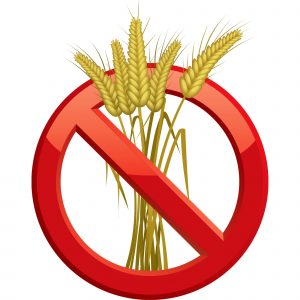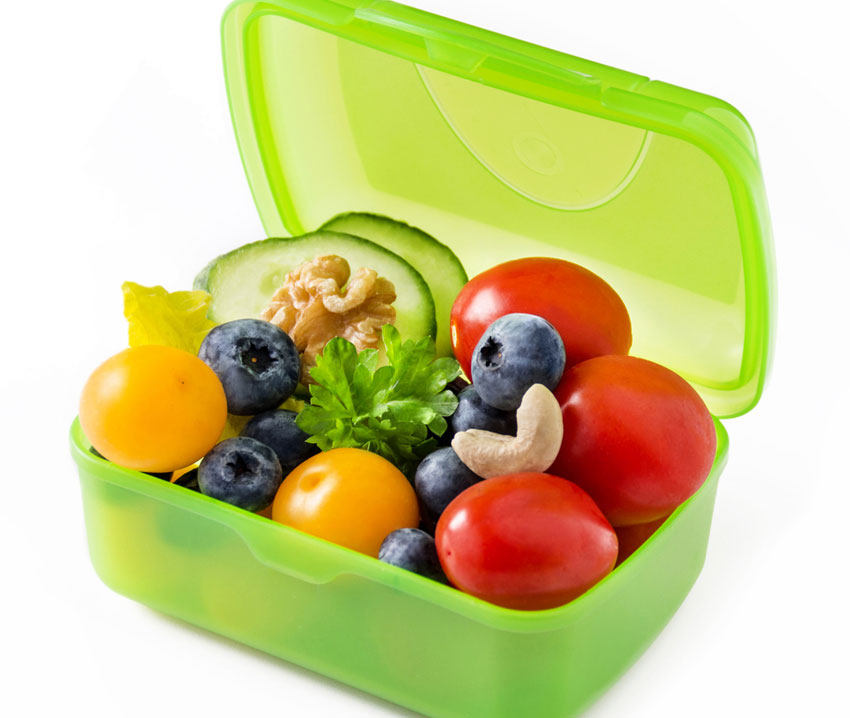For truck drivers, busy office workers, mechanics, and anyone that has a hectic schedule, it can be tempting to eat on the go, eat too quickly, or just eat whatever food is available at the time. This can lead to a lot of gas, bloating, stomach discomfort, slow (or too quick) digestion, and more. For anyone working on the road, an unpredictable bathroom schedule is anything but convenient! There are many ways we can improve our digestion, though, so keep reading.
I completely understand that articles like this can be overwhelming, making it seem like there are far too many things to think about surrounding eating. I want you to remember that you can keep it simple and still experience better digestion. As you read through the list, think about which points you could benefit from the most (or which points you’re currently doing the opposite of) and implement 1-3 of them!
Also, if you are struggling with poor digestion and abnormal bowel movements, there are many root causes that could be contributing to it. If you aren’t able to see results on your own through improving your diet and lifestyle, it is important that you discuss your symptoms with a healthcare professional to rule out other, more serious, causes.
Now, let’s dive into our tips.
- First, you should consider cutting out foods are notorious for causing digestion issues if your
 gut is already compromised; dairy, gluten (wheat, rye, and barley, including most dough-based foods), corn, and fibrous raw vegetables can be very difficult to digest if your GI tract is suffering, so it is best to limit them as much as you can. Eventually, you may be able to add them back in.
gut is already compromised; dairy, gluten (wheat, rye, and barley, including most dough-based foods), corn, and fibrous raw vegetables can be very difficult to digest if your GI tract is suffering, so it is best to limit them as much as you can. Eventually, you may be able to add them back in. - Sit down and relax to eat! Take a couple breaths and get rid of the distractions. If you’re stressed or busy, your body can’t put enough energy towards digestion. Rest lets you digest!
- Don’t chug water (or any other drink) while eating. This dilutes your stomach acid and enzymes, which you want to keep strong for better digestion. Take sips of water or warm tea during your meal instead, and drink more between meals instead.
- Chew thoroughly! The more work your teeth do, the less work your stomach and the rest of your gut have to do. Try and stay consistent with this until it becomes a habit!
- Eat slowly. Eating too quickly causes you to swallow air, and you all know the belly ache that comes after shovelling back your plate. You’ll enjoy your food more and likely eat less as well.
- Don’t eat a full meal right before or after an intense workout. Exercise is a form of stress, and we already discussed how the body can’t properly focus on digestion when stressed! Keep your meals about half an hour away from your intense workouts.
- However, walking is allowed! A walk before or after a meal can improve digestion by encouraging peristalsis, the muscular action that moves food down through your GI tract.
- Eat fewer foods at each meal. Instead of loading up on a buffet’s worth of different items, stick to 3-4 different foods, especially if you find yourself bloated after most meals. This will also help you to pinpoint what foods cause you distress.

- After eating, sip a warm herbal tea that aids in digestion. Ginger, fennel, and peppermint tea are all great for soothing the tummy and aiding digestion.
- Want to step things up a notch? Digestive Enzymes are a powerful way to boost your supply of the enzymes needed to break down food. Take 1 capsule with meals.
- If you’ve been dealing with digestion issues, focusing on easy to digest foods such as smoothies, soups, cooked fruits and vegetables, and soups can help, as opposed to eating plenty of raw produce/salads, seeds, and nuts. Certain supplements such as gelatin and slippery elm bark powder can help to soothe and coat the stomach as it works to heal itself.
Great digestion isn’t always easy if you’re eating on the road or when you’re busy, but creating better habits around when, what, and how you eat will make a large difference in how you feel. Try a couple of the tips today to see how much better you can feel after eating!






Leave A Comment